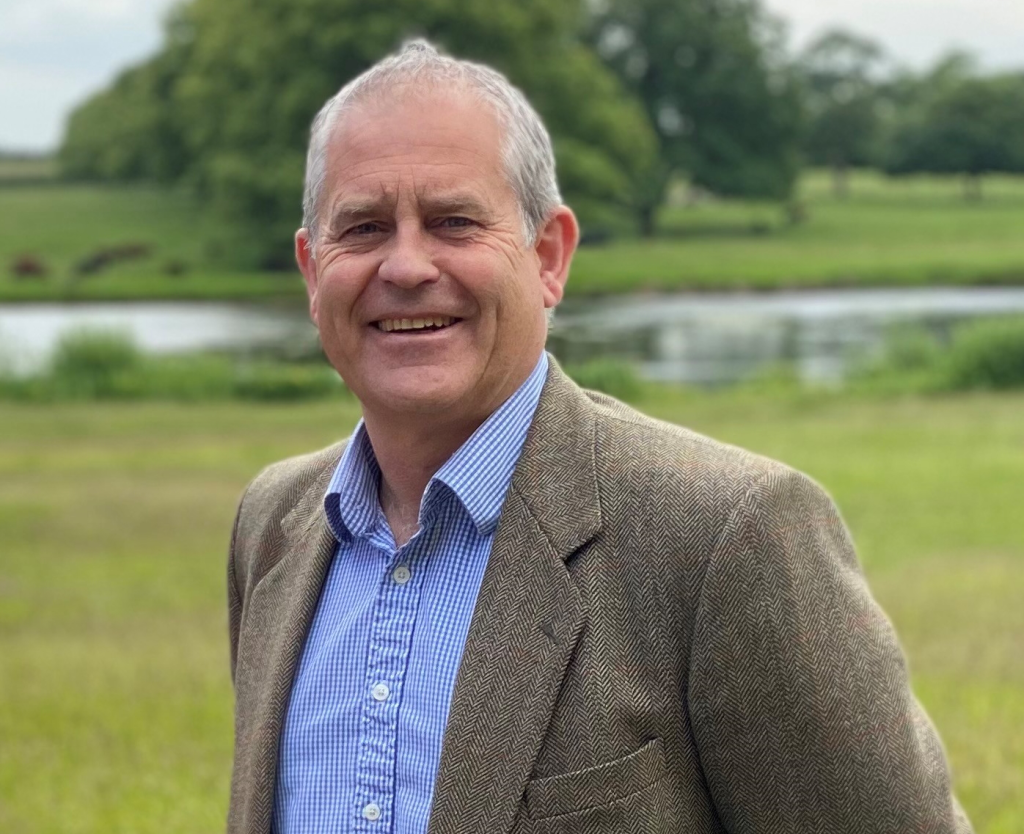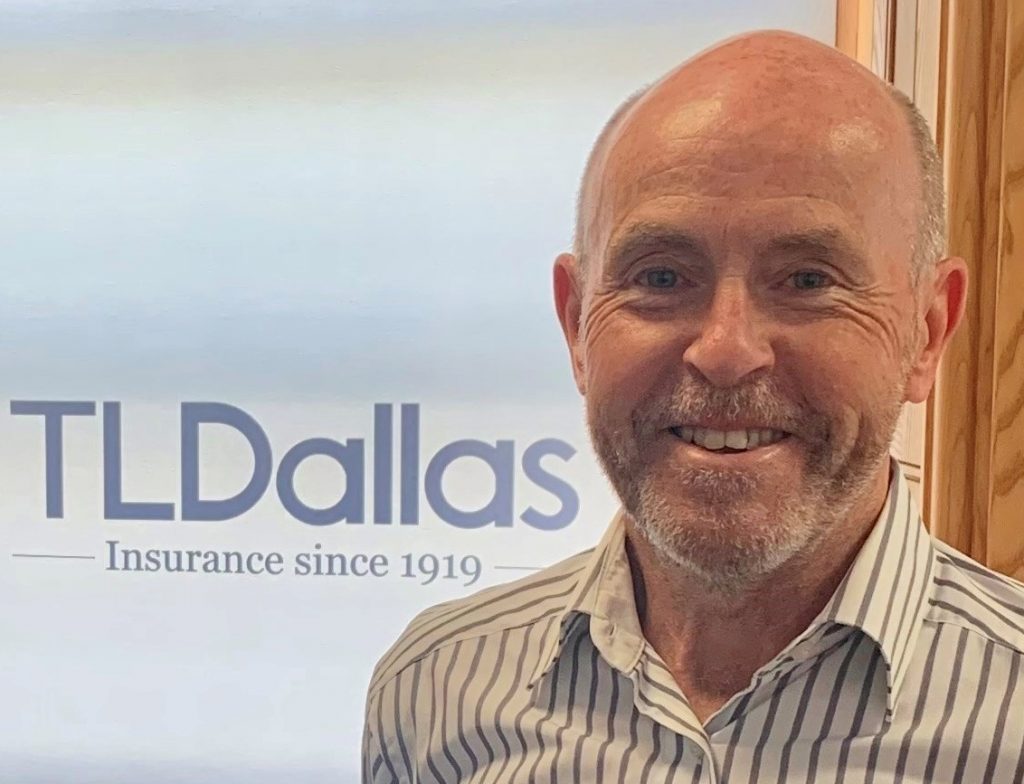Shetland insurance broker expands ahead of 30th anniversary

The only independent insurance broker on the Shetland Islands is expanding ahead of its 30th anniversary next year. TL Dallas opened in Lerwick in April 1993 and has a long-standing reputation for its considered, professional advice and excellent client care. Liam Peterson has joined the business this year, bringing the team up to six. The Shetland team […]
Chewing the cud – an agricultural insurance brokers view

Ed Davey is a director at Dallas Scott Davey, an independent insurance broking and risk management firm based in Lincolnshire, that is part of the TL Dallas group. Dallas Scott Davey specialises in agricultural insurance. Ed said: “Agriculture has faced and risen to major challenges for hundreds of years, not least because Yeoman are generally […]
TL Dallas advise on investment by Panoramic into APS

The Glasgow office of insurance broker, TL Dallas, has once again provided insurance due diligence services to Panoramic Growth Equity (Panoramic), the leading equity investor in fast growing, entrepreneurial companies, which is also based in Glasgow. Panoramic has invested into Aluminium & Plastics Systems (APS) Ltd, a leading stock-holding company selling aluminium and PVCu products to […]
